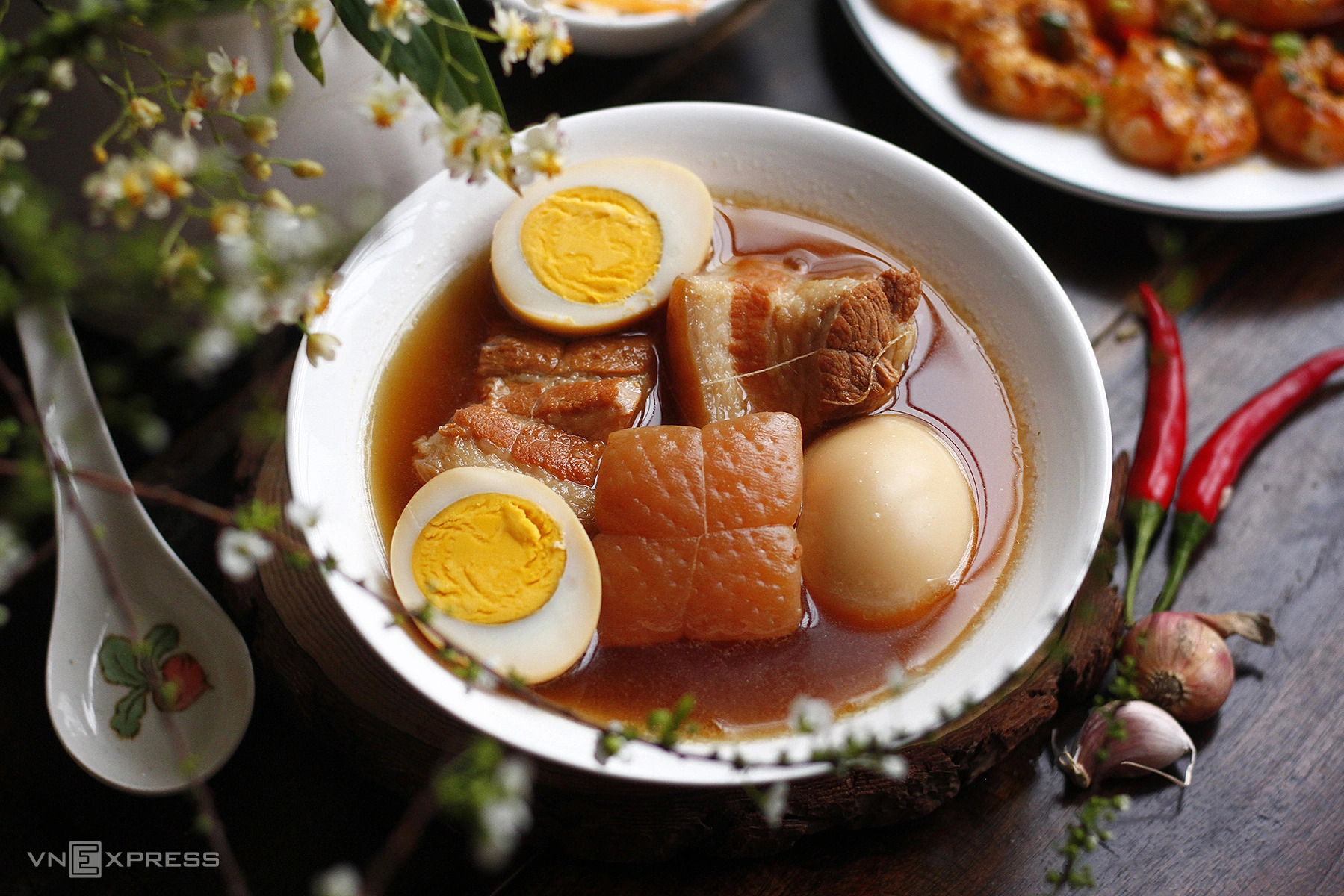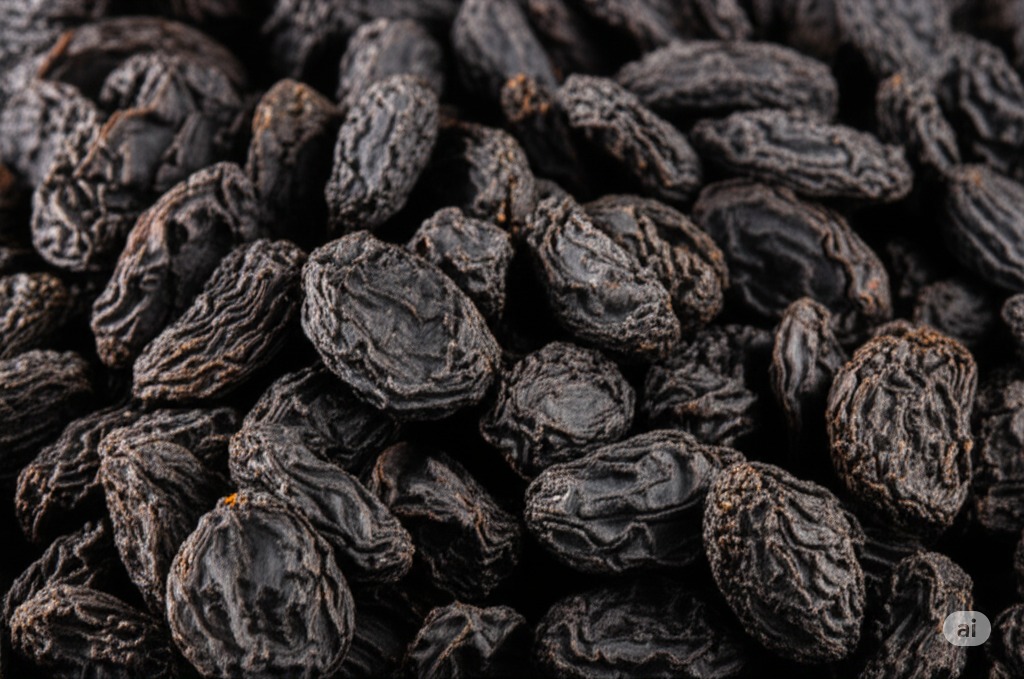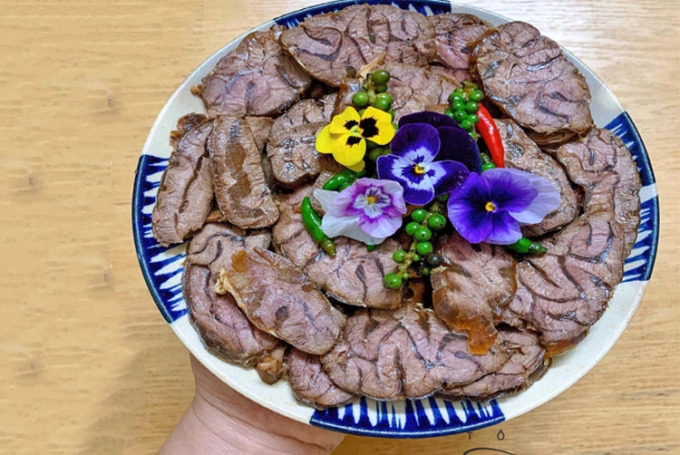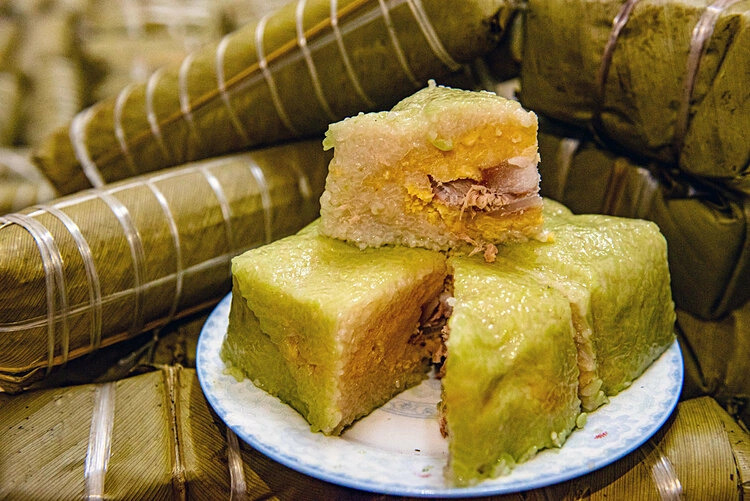 |
Braised pork belly, typically made with fatty pork belly simmered for hours to achieve its characteristic richness, is high in calories and saturated fat. 100g of lean pork provides about 145 calories, while 100g of fatty pork contains 394 calories. The added seasonings and cooking oil further increase the calorie and saturated fat content. |
 |
While fresh grapes can be beneficial for people with diabetes, raisins can quickly elevate blood sugar levels. Raisins are low in fiber and high in fructose, with carbohydrates accounting for 50% of their composition, resulting in a medium to high glycemic index (GI). Some varieties may also contain added sugar and artificial sweeteners, further diminishing their health benefits. |
 |
Pickled beef shank. A 500g serving typically requires 1kg of fresh beef marinated with 150ml of soy sauce or fish sauce, 100g of sugar, and various other spices. The high concentration of calories and sugar can easily spike blood sugar levels if consumed in large quantities. The high salt content in pickled foods can also cause water retention and elevate blood pressure. To mitigate these effects and slow down digestion, it's advisable to eat pickled beef shank with plenty of vegetables. |
 |
Sticky rice cakes (banh chung) are made from glutinous rice, mung beans, and fatty pork. Glutinous rice has a high GI, meaning it's digested and absorbed quickly, leading to rapid increases in blood sugar, especially when eaten in large portions. Similarly, the seasoned mung beans and fatty pork, rich in saturated fat, can negatively impact the health of individuals with diabetes. |
 |
Ripe pineapple has a high GI of 82. A 125g slice provides approximately 22g of carbohydrates, including 16g of natural sugars and 2g of fiber. Pineapple jam or candied pineapple, often used in desserts, contains added sugar, which can raise blood sugar levels even faster. Consuming a large amount of pineapple on an empty stomach can lead to dizziness and fatigue, indicating a rapid increase in blood sugar, which can cause discomfort, shortness of breath, and nausea. |
Anh Chi (According to Healthshots, Eating Well, WebMD)
Photos: Anh Chi, Bui Thuy, AI












